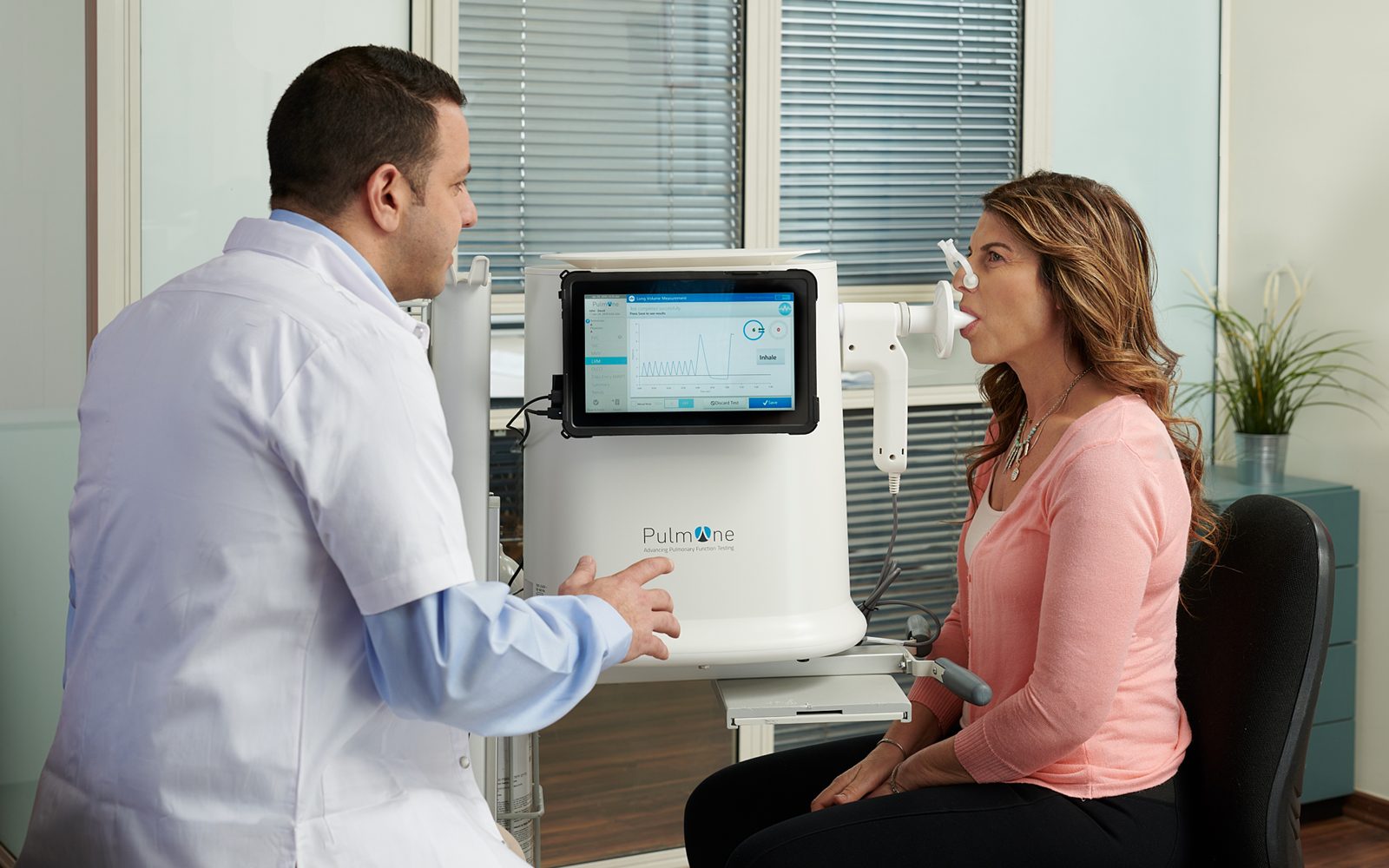A pulmonary function test (PFT) is a valuable diagnostic tool that assesses the functioning of your lungs and respiratory system. Whether you’re scheduled for a PFT due to respiratory symptoms or as part of a routine check-up, proper preparation is crucial to ensure accurate results. In this comprehensive guide, we will walk you through the steps to prepare for your PFT, what to expect during the test, and how to make the most of your appointment.
Understanding Pulmonary Function Tests
Before diving into the preparation, it’s essential to understand what a PFT involves. These tests measure various aspects of lung function, including lung capacity, airflow, and gas exchange. PFTs can help diagnose lung conditions such as asthma, chronic obstructive pulmonary disease (COPD), interstitial lung disease, and evaluate the effectiveness of treatment.
Types of Pulmonary Function Tests
There are several types of PFTs, each serving specific purposes. Common PFTs include:
- Spirometry: Measures the volume and speed of air exhaled.
- Lung Volume Tests: Evaluate lung capacity and the movement of air in and out of the lungs.
- Gas Diffusion Tests: Assess how well the lungs transfer gases between inhaled air and the bloodstream.
- Bronchial Challenge Tests: Assess airway responsiveness and are commonly used for asthma diagnosis.
Preparing for Your PFT
 Proper preparation ensures the accuracy of your PFT results. Follow these steps to get ready for your test:
Proper preparation ensures the accuracy of your PFT results. Follow these steps to get ready for your test:
1. Consult Your Healthcare Provider:
- Before your PFT, discuss any concerns, allergies, or medical conditions with your healthcare provider. Inform them about any recent illnesses, surgeries, or changes in your medications.
2. Medication Review:
- Inform your healthcare provider about all the medications you are currently taking, especially bronchodilators or inhalers used to manage respiratory conditions. Some medications may need to be adjusted or temporarily discontinued before the test.
3. Avoid Smoking:
- If you smoke, it’s essential to abstain from smoking for at least six hours before your PFT. Smoking can affect lung function and lead to inaccurate results.
4. Avoid Heavy Meals:
- Refrain from consuming large meals within two hours of the test. A full stomach can interfere with your ability to take deep breaths during the test.
5. Comfortable Clothing:
- Wear loose-fitting, comfortable clothing that allows for easy movement. Tight clothing may restrict your ability to breathe deeply during the test.
6. Avoid Strenuous Exercise:
- On the day of the test, avoid strenuous physical activities or exercise that might cause fatigue.
7. Stay Hydrated:
- Drink water as usual to stay hydrated, but avoid excessive consumption immediately before the test.
8. Understand the Procedure:
- Ask your healthcare provider to explain the specific PFT you will undergo and what you can expect during the test. Understanding the procedure can help alleviate anxiety.
9. Communicate Any Allergies:
- If you have allergies to substances used in PFTs, such as latex or specific gases, inform the testing staff beforehand.
10. Bring Necessary Items:
- Remember to bring your identification, insurance information, and any necessary medical records or referrals. You may also want to bring a book or other entertainment to pass the time while waiting.
What to Expect During the PFT
Knowing what to expect during the test can help you feel more comfortable:
- Pre-Test Assessment: When you arrive for your appointment, the healthcare provider or respiratory therapist will review your medical history and discuss any recent symptoms or changes in your health.
- Instructions: You will receive clear instructions on how to perform the breathing maneuvers required for the specific PFT you are undergoing. For spirometry, this typically involves inhaling deeply and exhaling forcefully into a mouthpiece connected to the spirometer.
- Multiple Measurements: Most PFTs involve performing several repetitions of the same maneuver to ensure consistency and accuracy. This may be done with different breathing patterns, such as normal and forced exhalations.
- Comfortable Setting: PFTs are typically conducted in a quiet, private room to minimize distractions and promote relaxation.
- Safety Measures: The healthcare provider will monitor you closely throughout the test to ensure your safety and comfort.
- Duration: The duration of the test varies depending on the specific PFT and the number of measurements required. In general, PFTs are relatively quick and may take 15-30 minutes to complete.
- Post-Test Evaluation: After the test, your results will be evaluated, and your healthcare provider will discuss the findings with you.
Interpreting Your PFT Results
 Understanding your PFT results is essential for assessing your lung health. Your healthcare provider will analyze the data and provide an interpretation. Key parameters include:
Understanding your PFT results is essential for assessing your lung health. Your healthcare provider will analyze the data and provide an interpretation. Key parameters include:
- For Spirometry:
- Forced Expiratory Volume in 1 Second (FEV1): Measures the amount of air you can forcefully exhale in one second. It’s compared to the Forced Vital Capacity (FVC) to assess lung function.
- For Lung Volume Tests:
- Total Lung Capacity (TLC): Measures the maximum amount of air your lungs can hold. A decreased TLC may indicate restrictive lung diseases.
- For Gas Diffusion Tests:
- DLCO: Evaluates how efficiently oxygen moves from the lungs into the bloodstream. A reduced DLCO may suggest issues with gas exchange.
- For Bronchial Challenge Tests:
- The test assesses airway responsiveness, indicating the presence of asthma or bronchial hyperresponsiveness.
Discussing Your Results with Your Healthcare Provider
Once your PFT results are available, schedule a follow-up appointment with your healthcare provider to discuss the findings and their implications. Be prepared to ask questions and seek clarification on any aspects of the results or recommendations that you may not fully understand. Your healthcare provider will use the results to guide further evaluation, diagnosis, and treatment planning if necessary.
A pulmonary function test is a valuable tool for evaluating lung function and diagnosing respiratory conditions. Proper preparation, communication with your healthcare provider, and understanding the procedure are essential for obtaining accurate results. By following the steps outlined in this guide and actively participating in the testing process, you can contribute to the effectiveness of your PFT and gain valuable insights into your lung health.



 The process of conducting PFTs involves the following steps:
The process of conducting PFTs involves the following steps: Proper preparation ensures the accuracy of your PFT results. Follow these steps to get ready for your test:
Proper preparation ensures the accuracy of your PFT results. Follow these steps to get ready for your test: Understanding your PFT results is essential for assessing your lung health. Your healthcare provider will analyze the data and provide an interpretation. Key parameters include:
Understanding your PFT results is essential for assessing your lung health. Your healthcare provider will analyze the data and provide an interpretation. Key parameters include:
